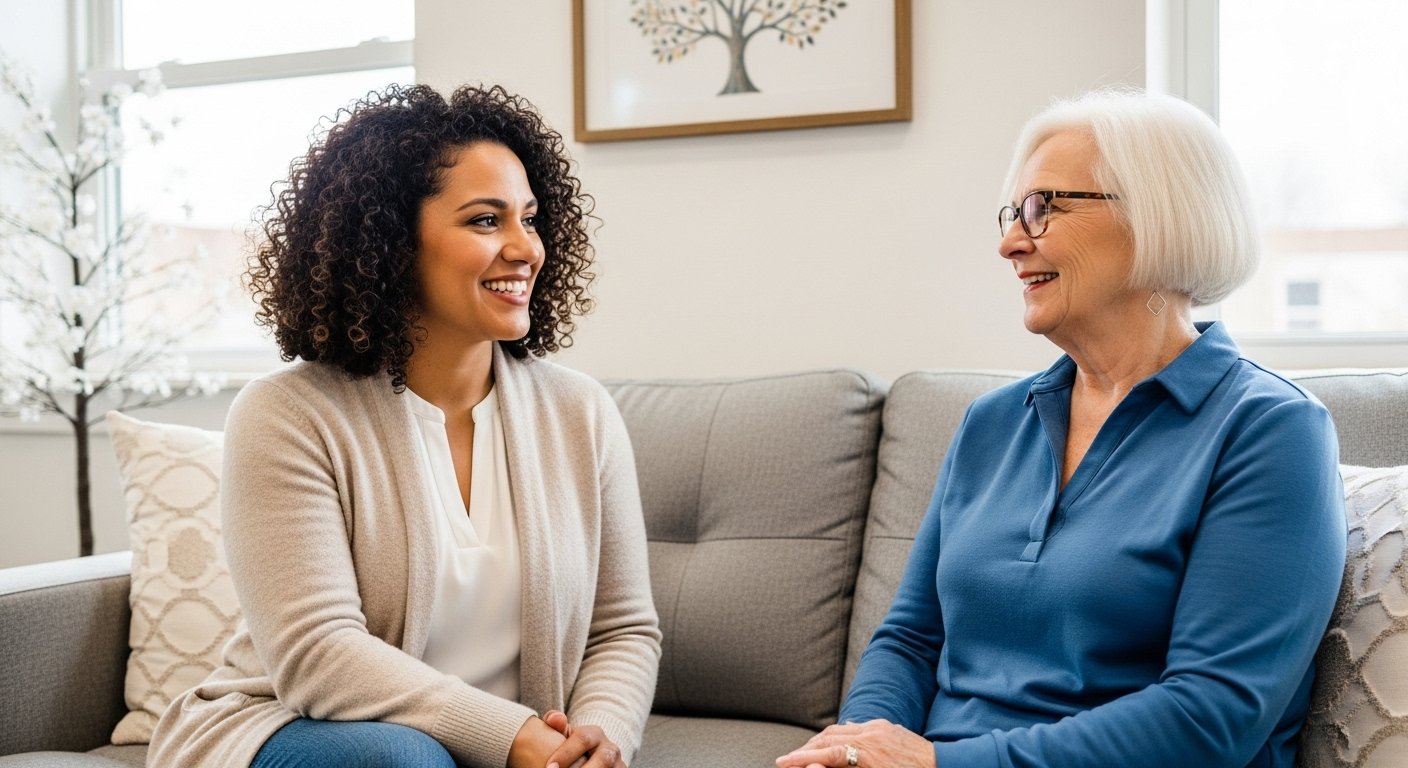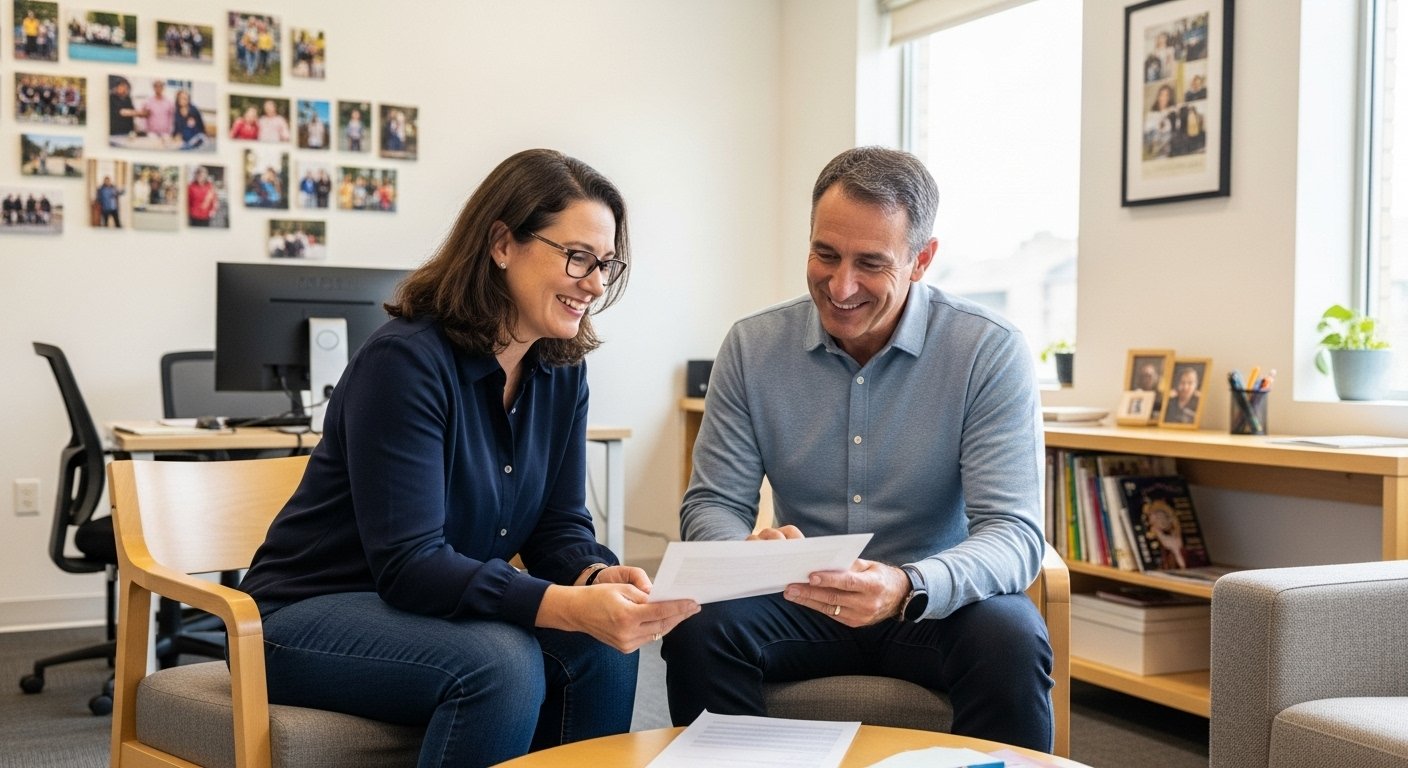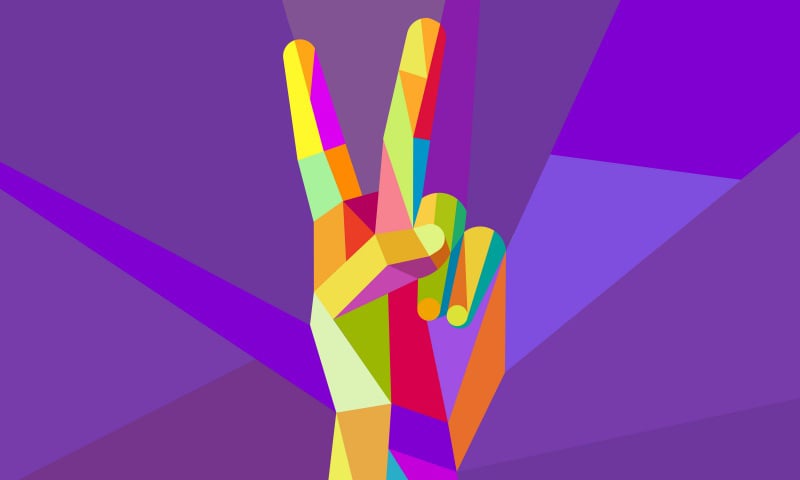The Deeper Reason Your Donor Gives
Every person has a story. Every donor on your caseload has one too—a journey that has shaped their passions, their values, and their deep desire to...
2 min read
Jeff Schreifels : Updated on November 5, 2025

How are you doing building relationships with your donors? It’s not easy, is it?
Building meaningful relationships with major donors isn’t something you can completely learn from a manual or a training session. Sure, there are frameworks, strategies, and processes, and they matter. But those things alone won’t make you a successful major gift officer. At the heart of every great donor relationship is something more human, more organic. It’s the stuff that no one really teaches you, yet it’s what separates good fundraisers from transformational ones.
After more than 37 years of helping fundraisers connect donors to a mission they love, I’ve come to realize there are three essential truths about building donor relationships that often go unspoken.
Donors are smart. Especially major donors. They’ve built businesses, led organizations, and made tough decisions. They can read people, and they can sense authenticity from a mile away. If you don’t genuinely love the mission you’re representing, or if you’re simply looking at a donor as a means to an end, the relationship will not deepen.
You can’t fake passion. You can’t fake care. You can’t fake belief in your organization’s impact.
The best fundraisers I’ve met are people who live and breathe the mission. They’re not actors. They’re ambassadors of something they deeply love. When you speak from that authentic place, donors notice. They feel it. And trust begins to grow naturally.
So, before you even schedule that next donor meeting, take a moment to ask yourself: “Do I really love what this organization stands for?” Because if you don’t, no technique in the world will make up for it.
Here’s something that’s hard for many fundraisers to grasp: vulnerability builds trust. If something goes wrong, say a program fails to meet a goal or a project is delayed, don’t hide it from your donor. Tell the truth. Be transparent. Donors respect honesty, even when the news isn’t great.
And vulnerability isn’t just about mistakes. It’s also about sharing your own passions, hopes, and even struggles. If you want your donor to open up about what truly moves their heart, you have to be willing to open yours first.
I’ve seen it time and again. The magic happens when two humans connect beyond the transaction. When the conversation goes from “What will you fund?” to “What do you believe in?” That’s where real partnership begins.
No one wants to spend time with someone who feels drained, detached, or disinterested. If you don’t genuinely enjoy your work, donors will sense that too.
Every interaction you have with a donor should radiate purpose, gratitude, and joy. Joy is contagious. When you love what you do and you bring positive energy into your relationships, donors feel that and they’ll want to be part of it.
Major donors want more than a cause to give to. They want people to believe in, people who bring energy and inspiration to the mission.
If you bring authenticity, vulnerability, and joy into every donor interaction, you’ll not only raise more money, you’ll create relationships that can literally change the world.
At the end of the day, donors don’t give to organizations. They give through them to make a difference. And they give because someone real, honest, and joy-filled showed them how.
Jeff

Every person has a story. Every donor on your caseload has one too—a journey that has shaped their passions, their values, and their deep desire to...

In Part One of this series, my colleague Lauren shared how making assumptions can derail your efforts to relationally qualify donors. (If you haven’t...

#2 of the series How a Caseload Grows Over Time In my last blog, I talked about your major gift caseload as an incubator for transformational giving....